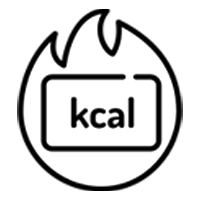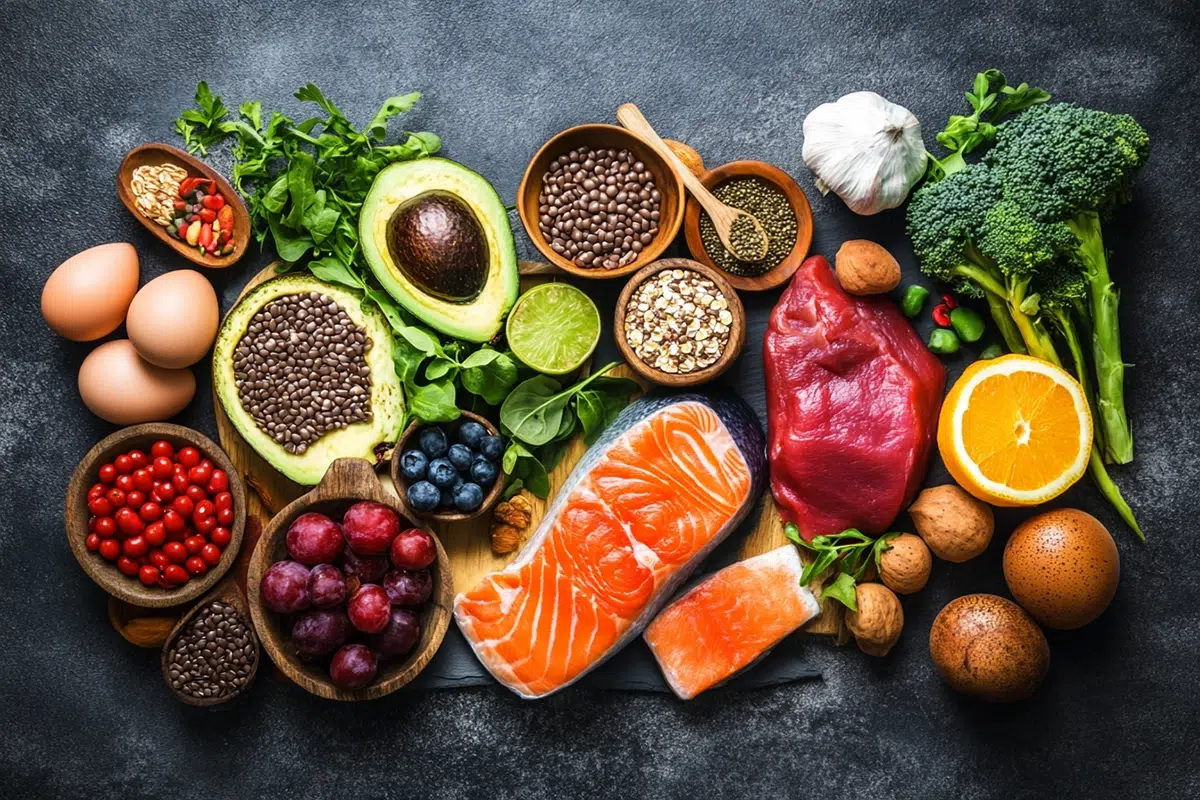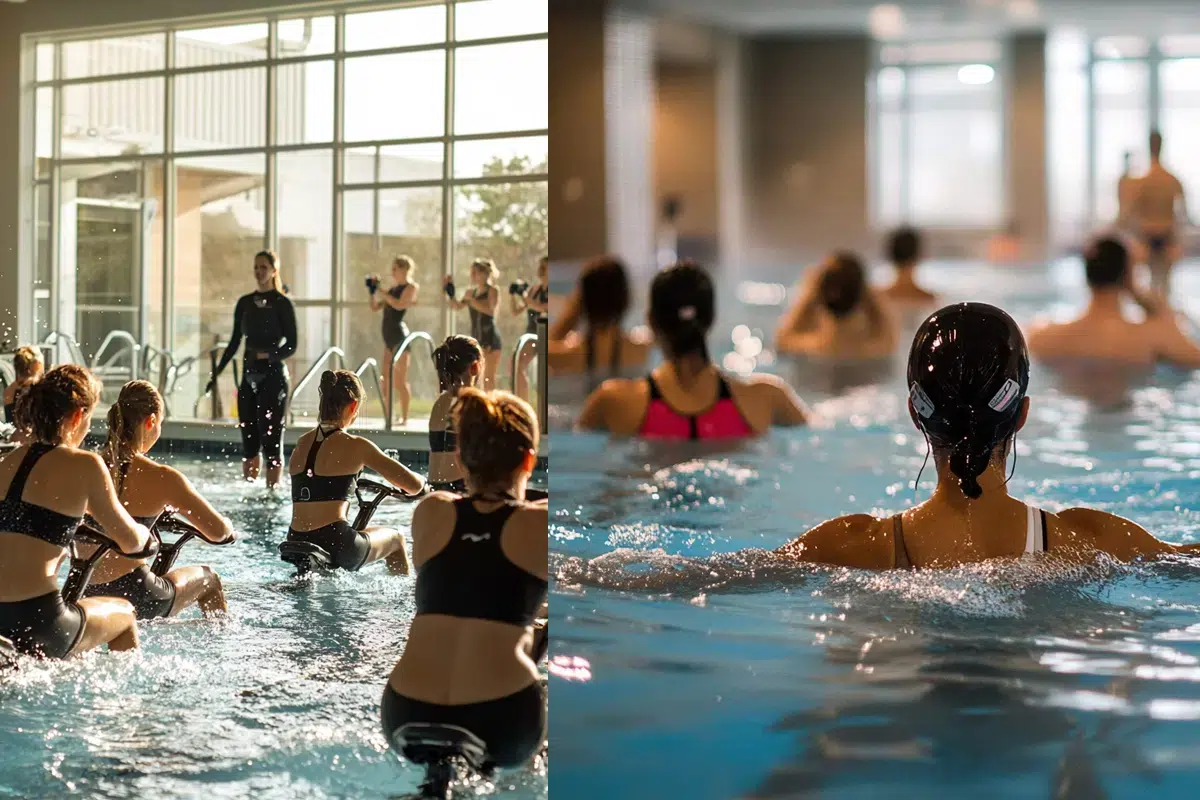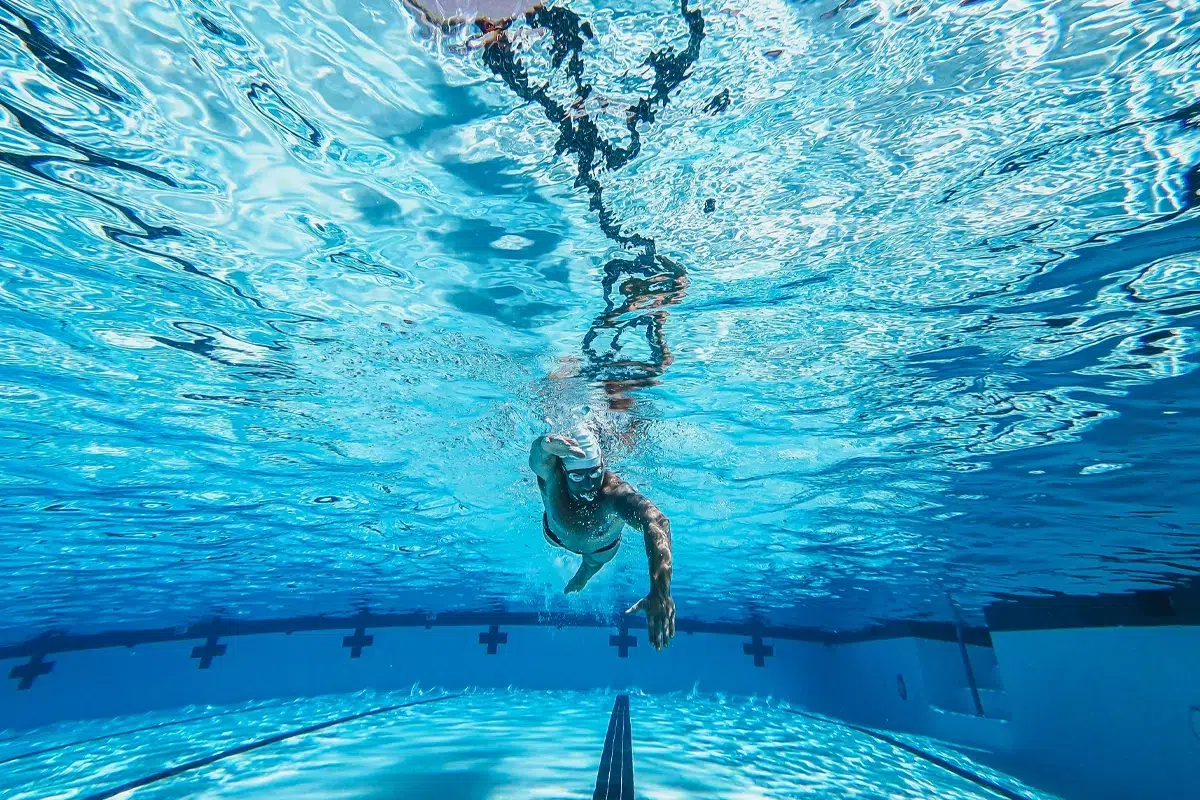Show summary Hide summary
What are the health benefits of kayaking?

Everything you need to know about kayaking
What are the health benefits of kayaking? Use the tool below to find out all the benefits of kayaking and discover whether this sport meets your goals and expectations.
More information on kayaking
Is kayaking good for your health? Is it a good sport that’s accessible to everyone? Whether you’re a beginner or an experienced paddler, you’ll find a list below of the benefits and problems you might encounter when kayaking.

What is kayaking?
Kayaking is a leisure or sporting activity that involves moving around in a single-seater, double-seater or quadruple-seater plastic or composite boat.
Often confused with canoeing, this sport is practised with a double paddle in a seated position on a river, pond or at sea. Once practised by people in Arctic regions for hunting or fishing, it was not until the second half of the 19th century that this physical activity arrived in the West. It is now accessible from a very young age, and includes competitive disciplines such as slalom, downhill and freestyle.
Benefits and advantages
Kayaking is a very physical sport with many advantages. Here are just a few of them:
- Kayaking works the cardiovascular system and breathing
- Kayaking develops speed, coordination and balance
- Kayaking strengthens muscles
- Kayaking improves joint range of motion
- Kayaking is a great way to get away from it all and breathe fresh air
Minuses, disadvantages and harmful effects
Kayaking has more benefits than drawbacks. It’s a sport that requires excellent skill and mastery of the craft. Whether at sea or on a river or pond, changing currents and untimely movements can cause the boat to overturn. So you need to know how to swim.
Other water sports: dive into the world of aquatic sports
Water sports offer an excellent opportunity to strengthen your body while staying refreshed. They are perfect for improving cardiovascular fitness, muscle strength, and flexibility, all while being gentle on the joints. Discover these aquatic activities to diversify your training:
- Aquabiking: Strengthen your legs and improve your cardio by pedaling in the water.
- Aqua gym: Develop strength and flexibility through dynamic water exercises.
- Scuba diving: Explore underwater environments while enhancing your breathing and relaxation.
- Swimming: Increase your endurance and tone your entire body through swimming.
- Swimming breaststroke: Strengthen arms and legs with this classic swimming style.
- Swimming front crawl: Develop strength and endurance with this fast and efficient swimming stroke.
Everything you need to know about kayaking
Discover the health benefits of other sports!
All sports in detail!




















































